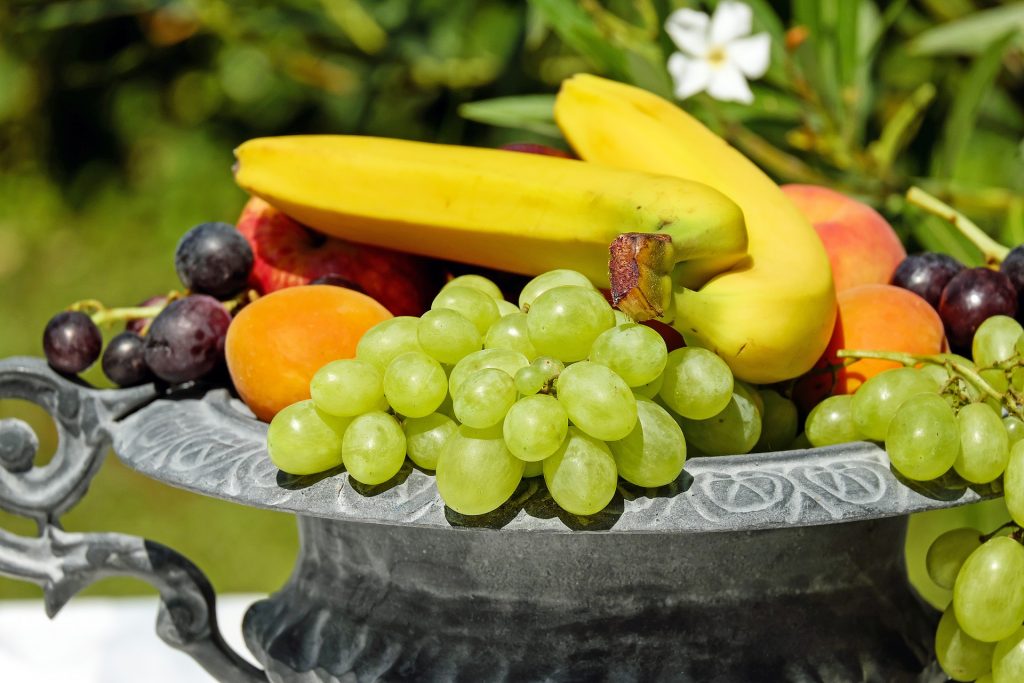Sodium is an important mineral and electrolyte and serves many functions in the body. It helps maintain water balance within cells and pH balance within blood. It is also involved in making sure nerve impulses and muscles function properly. Along with potassium, it plays a large role in regulating blood pressure.

How much do I need?
- 1,000 milligrams per day for children 1 – 3 years old
- 1,200 milligrams per day for children 4 – 8 years old
- 1,500 milligrams per day for men and women ages 51 or older, those with hypertension, those with diabetes, those with kidney problems, or who are African American.
- 1,500-2300 milligrams per day for men and women 9 – 50 years old
For recommendations for athletes and those with special health conditions, check out the CSU Extension Fact Sheet: Sodium and the Diet.
Food sources
A small amount of sodium is naturally present in most foods. However, many foods contain sodium in the form of salt, added to enhance flavor and extend shelf life of the food. Highly processed foods, canned goods, dressings, soups, sauces, smoked and cured meats, and pickled foods often contain high amounts of salt and sodium.
What happens if I don’t get enough?
Sodium deficiency is rare, because most people actually over consume sodium. However, deficiency can occur in individuals with continuous fluid loss due to diarrhea, vomiting, and excessive sweating or with kidney problems. Symptoms include nausea, dizziness, and muscle cramps.
Can I get too much?
Most people consume too much sodium. The recommended maximum intake is 2,300 milligrams per day for all teens and adults. Consistent consumption of excess sodium can lead to hypertension or high blood pressure and increase the risk for heart disease and stroke.
Did You Know?
To help control your sodium intake, eat more fresh foods and less processed foods. Most fruits and vegetables are naturally low in sodium and rich in other many other vitamins and minerals.
The DASH (Dietary Approaches to Stop Hypertension) Diet is a well-balanced eating plan rich in fruits and vegetables and has been shown to help lower high blood pressure. See the DASH diet page for more information.


